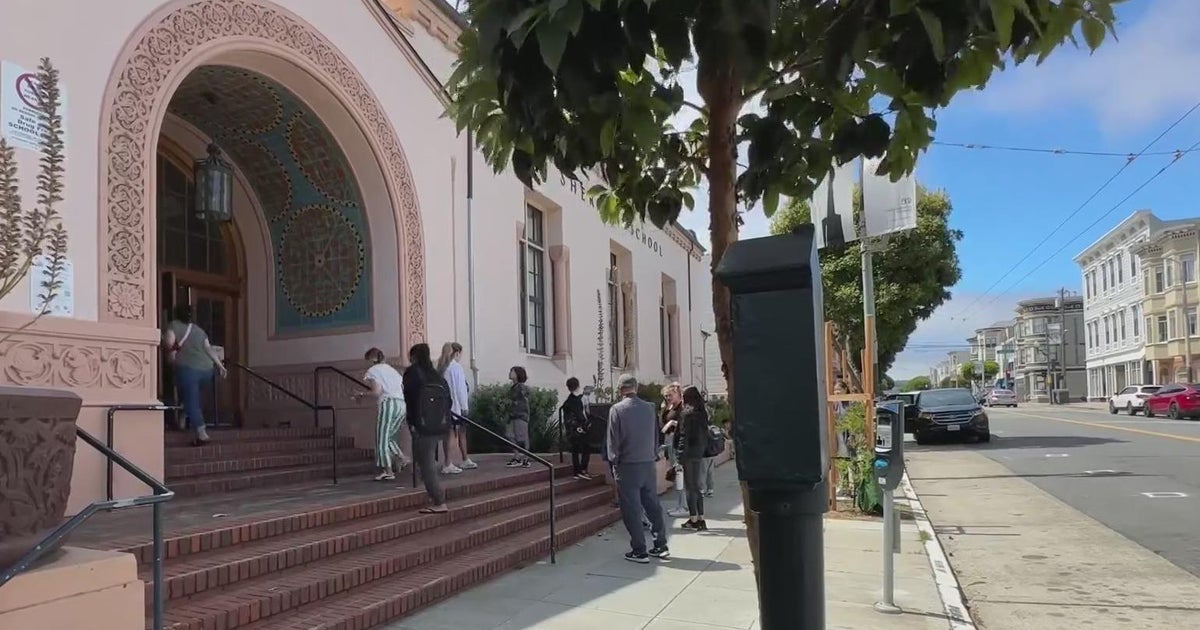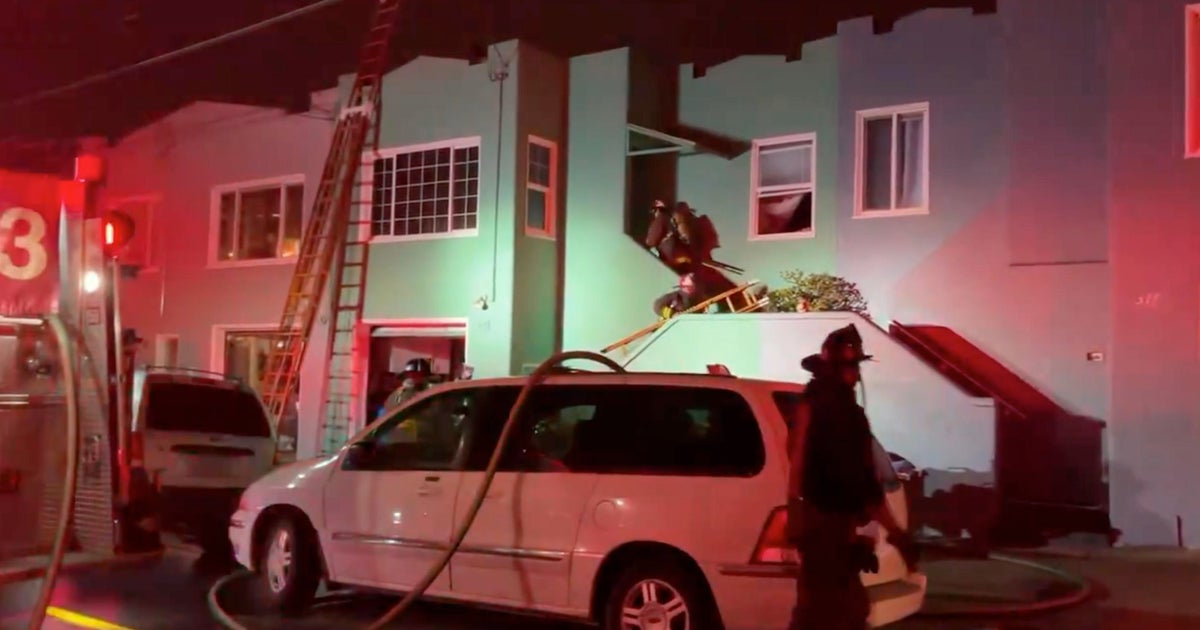SF voters to consider two bond measures for schools, public health
San Francisco voters will be asked to consider two separate bond measures in the upcoming November election, one for schools and another for investments in medical facilities and public spaces.
Proposition A, the schools bond, would authorize the San Francisco Unified School District to issue $790 million in general obligation bonds for improvements, repairs, and upgrades to any of its facilities.
Proposition B would authorize the city to create $390 million in debt through general obligation bonds to pay for improvements to medical facilities, shelters, and public spaces including Harvey Milk Plaza.
Work authorized by Prop A could include seismic improvements, accessibility projects and the removal of hazardous materials, according to the city's Ballot Simplification Committee, a volunteer group that produces a summary of propositions put before voters.
Money raised from the bonds could also be used to repair building systems and interiors, add or expand classrooms, and construct a central food hub. Renovations and construction of common areas like locker rooms, kitchens and auditoriums would also be on the list.
State law prohibits bond debt being used for teacher and administrator salaries or a district's operating expenses.
SFUSD serves about 50,000 students across 132 schools, according to the district.
Bonds would first be offered in fiscal year 2025-26. The $790 million in debt would cost about $1.3 billion to pay back over the 22-year period through 2047-48, according to the analysis from City Controller Greg Wagner.
The property tax rate increase for the school bonds would range from $9.04 per $100,000 in assessed valuation to $18.70 per $100,000, with an average tax rate increase of $12.95 per $100,000 for the repayment period.
Supporters of the proposition include the AFL-CIO-aligned San Francisco Building and Construction Trades Council, which represents 32 Bay Area trade unions. Jose Fuentes Almanza, the Council's representative listed as the ballot proponent, argued that voters should support the proposition to support children's safety, nutrition and comfort.
"Currently, many of our classrooms are located in buildings built more than 60 years ago or housed in aging portables that must be improved to meet modern safety standards," he wrote.
The ballot proposition opponent's argument was written by Libertarian Party of San Francisco chair Starchild, who criticized the proposition as "a long laundry list of projects about which few details are given."
"Why not split it into multiple smaller measures and let us vote individual projects up or down?" he wrote.
Prop B, meanwhile, would allow the city to pay for projects specifically outlined in the measure, which include about $99 million to acquire and improve community health centers. That number includes $71 million for proposed seismic renovations to the Chinatown Public Health Center and $28 million to relocate the San Francisco City Clinic on Seventh Street.
Other work would include $66 million for Zuckerberg San Francisco General Hospital and Trauma Center and Laguna Honda Hospital and Rehabilitation Center, according to the Ballot Simplification Committee.
About $64 million would be used for street and sidewalk improvements, while $66 million would be used for public spaces downtown, including $25 million for Harvey Milk Plaza.
About $50 million would be earmarked for shelters and interim housing projects.
The ballot opposition argument to Prop B was written by the San Francisco Briones Society, a conservative-leaning political advocacy organization. The group argued the money the city has already spent on homeless services has been ineffective.
"We agree that San Francisco must focus on shelter, recovery, and mental health services," the group wrote. "However, the City should reallocate existing resources rather than burdening taxpayers with additional debt."
The proponents' argument on the ballot was written by Mayor London Breed and submitted along with the San Francisco Board of Supervisors. They said the measure would make "smart, badly-needed investments to protect our health and safety."
The bonds authorized by Prop B would also be issued starting in fiscal year 2025-26 and would be repaid by fiscal year 2046-47.
The $390 million in debt would cost $737 million over the course of repayment, according to Wagner's analysis.
The average property tax rate increase would be about $6.90 per $100,000 in assessed valuation, according to Wagner.
As of the end of June, the city had $2.2 billion in outstanding debt from general obligation bonds, with another $1.6 billion in bonds already authorized but not yet issued.
Once those bonds are issued, if voters approve Prop B, the total debt through general obligation bonds would be about $4.2 billion. That's about 1.2% of the value of all assessed property in the city. The city charter allows the city to take on debt up to 3% of the city's total assessed property value, according to Wagner. That number does not include bonds issued by school districts, such as those in this election's Prop A.



